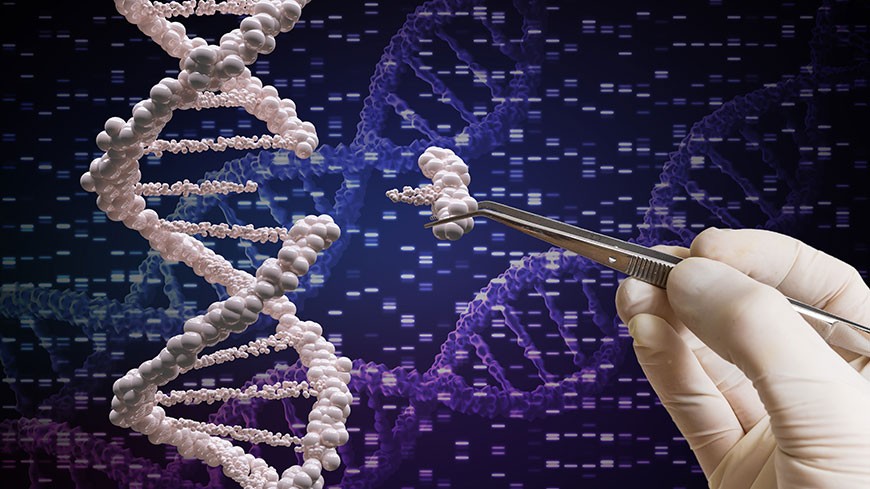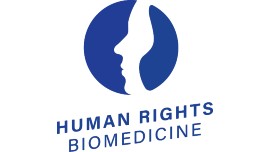The Steering Committee for Human Rights in the fields of Biomedicine and Health (CDBIO)* has achieved the final step of the re-examination process of Article 13 of the Convention on Human Rights and Biomedicine (Oviedo Convention) with the adoption of the clarifications on the scope of the provisions with regard to research and the purposes limitation provided for any intervention on the human genome.
In June 2021, as a first conclusion, the Committee had agreed that “taking into account the technical and scientific aspects of theses developments, as well as the ethical issues they raise, it considered that the conditions were not met for a modification of the provisions of Article 13. However, it agreed on the need to provide clarifications, in particular on the terms “preventive, diagnostic and therapeutic” and to avoid misinterpretation of the applicability of this provision to “research”.”
These clarifications were adopted by the CDBIO at its 1st plenary meeting (31 May – 3 June 2022) and presented to the Committee of Ministers on 27 September 2022.
In this video, Anne Forus, Chair, and Pete Mills, member, of the CDBIO Drafting group on genome editing present the context, the content and the importance of these clarifications.
Context
This re-examination process of Article 13 was undertaken within the framework of the Strategic Action Plan on Human Rights and Technologies (2020 – 2025), as part of the actions planned under its Governance pilar and the specific objective of embedding human rights in the development of technologies which have an application in the field of biomedicine.
As underlined by the DH-BIO in November 2018, ethics and human rights must guide any use of genome editing technologies in human beings in accordance with the Convention on Human Rights and Biomedicine (“the Oviedo Convention”, 1997) - the only international legally binding instrument addressing human rights in the biomedical field – which provides a unique reference framework to that end. The Oviedo Convention represents the outcome of an in-depth discussion at European level, on developments in the biomedical field, including in the field of genetics.
Article 13 of the Convention addresses these concerns about genetic enhancement or germline genetic engineering by limiting the purposes of any intervention on the human genome, including in the field of research, to prevention, diagnosis or therapy. Furthermore, it prohibits any intervention with the aim of introducing a modification in the genome of any descendants. This Article was guided by the acknowledgement of the positive perspectives of genetic modification with the development of knowledge of the human genome; but also by the greater possibility to intervene on and control genetic characteristics of human beings, raising concern about possible misuse and abuses.
More information:
* In January 2022, the CDBIO took over the responsibility of the Committee on Bioethics (DH-BIO) as the committee responsible for the conduct of the intergovernmental work on human rights in the fields of biomedicine and health. The CDBIO is also advising and providing expertise to the Committee of Ministers of the Council of Europe on all questions within its field of competence.










